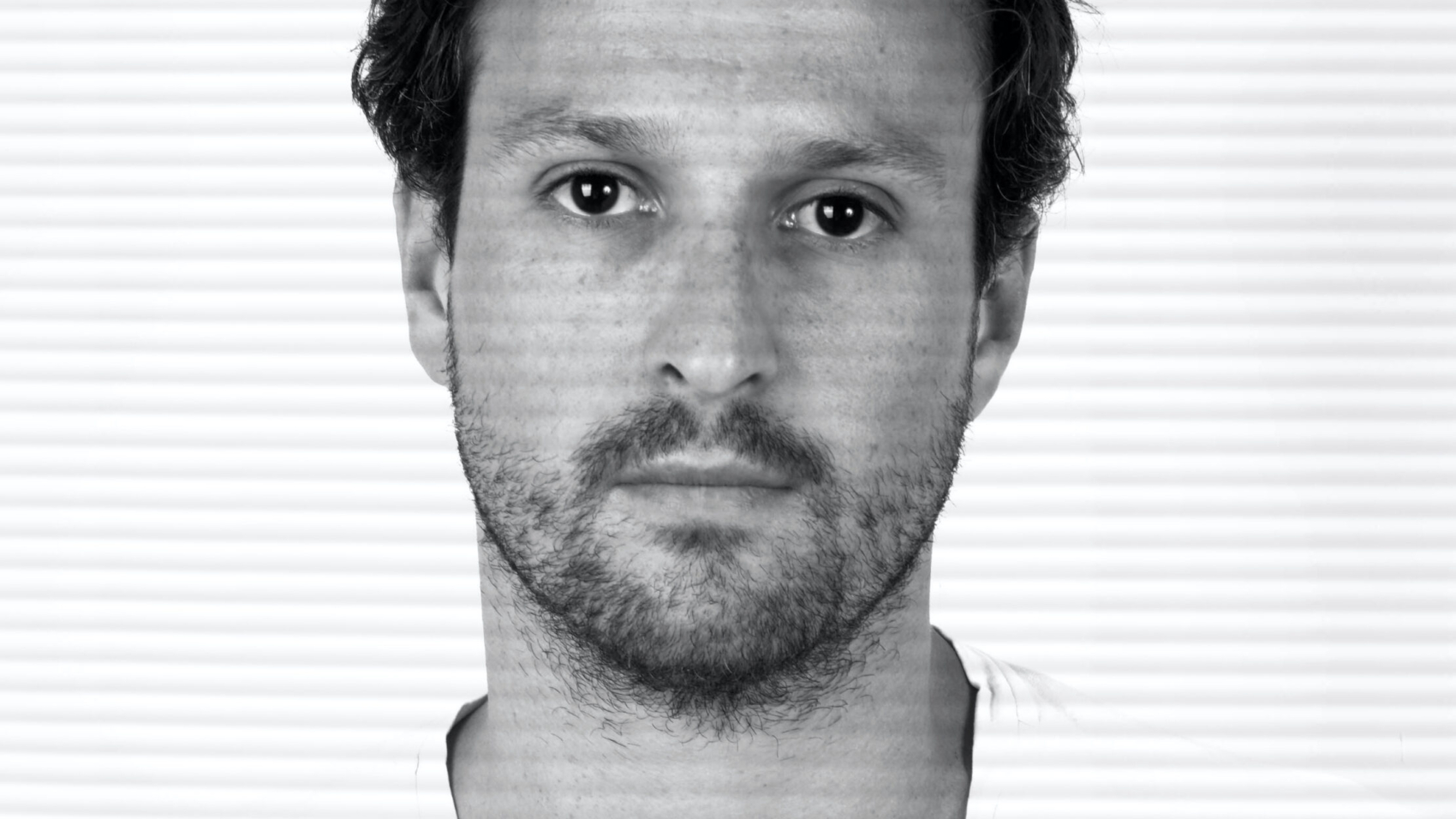The key to staying sober for the long term is learning to take care of your mental health. A large part of accomplishing that goal is to prioritize self-care daily. The ability to take care of your physical and mental health needs goes a long way in keeping you vibrant, sharp, and ready to face the challenges of daily life positively. While finding ways to prioritize yourself seems self-explanatory, it is easy to lose sight of proper self-care in the hustle and bustle of day-to-day living.
This article will discuss what self-care is, the importance of self-care prioritization, and how you can prioritize your self-care regimen to live a healthy and happy life. Call The Last House toll-free today if you are newly sober and looking for extra support and confidence. Our sober living network features evidence-based sober living programs, state-of-the-art amenities, and clinical support that will take your sobriety to the next level. Call us today to learn more about our sober living programs.
What is Self-Care?
During your stay in drug treatment, you may have heard the term self-care. You may be familiar with the concept in a broad sense, but you may need help to define self-care. According to the National Institute on Mental Health (NIMH), self-care is taking the time to do things that help you live well and improve both your physical health and mental health. Prioritizing self-care promotes overall good health, helps minimize the risk of disease, and helps you healthily deal with stress. There is no universal self-care regimen that everyone follows. Instead, self-care comprises many different activities you can utilize to suit your specific needs.
How to Prioritize Self-Care
Self-care prioritization can be difficult, and finding ways to prioritize yourself and your needs can feel overwhelming and even confusing. Fortunately, there are simple steps you can take to make self-care at the top of your to-do list. You have learned these tips while in treatment, but refreshing yourself on these effective principles is always good. These principles are as follows:
Have Dedicated “Me Time” Every Day—set aside 15-20 minutes every day for you and your needs. Go to a quiet space, turn off your phone and tablet, and tune in to yourself. You can go for a walk in the park, journal, or practice mindful breathing techniques.
Be Kind to Yourself—When things don’t go as planned, it is easy to beat yourself up and be your worst critic. Remind yourself that you are doing the very best you can and run the race at your own pace. You will have good days and bad days, so take things in stride to the best of your ability.
Eat Right—It is important to eat a healthy and balanced diet. Plan your meals and choose foods that will nourish and sustain you.
Get Restful Sleep—when you get a good night’s sleep. Your mind and body can reset itself and be recharged and ready to go for the next day. You should get at least 7-8 hours of quality sleep each night.
Cut Down on Social Media—You are well aware that social media is everywhere. While it isn’t bad to be on Facebook, Instagram, or Twitter, you shouldn’t jump down the proverbial rabbit hole. Set limits on how long you are on social media each day and have times when you unplug from social media altogether.
Treat Yourself—Every once in a while, it is good to treat yourself to something nice. Schedule a spa day, go on a day trip, take yourself out for a great meal, or book a great vacation to a destination you’ve always wanted to visit.
Find What Makes You Happy—it is easy to chase after and obtain material possessions, but do they make you happy? Take time to discover what makes you happy and go after those things.
Take Your Recovery to the Next Level With Help From the Last House
Being newly sober comes with new challenges. Learning how to navigate daily life while prioritizing your sobriety can feel daunting. Sober living programs such as the one found at The Last House will provide you with the additional tools, support, and confidence you need to strengthen your sobriety. Our sober living programs are evidence-based, extensively tested, and paired with clinical support to help you stay on the path to recovery. Take the next step in your recovery and call The Last House today.










